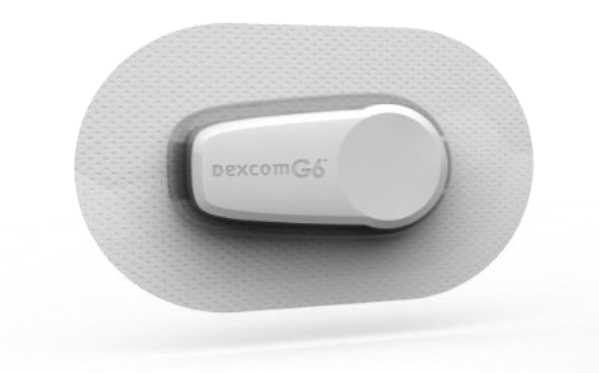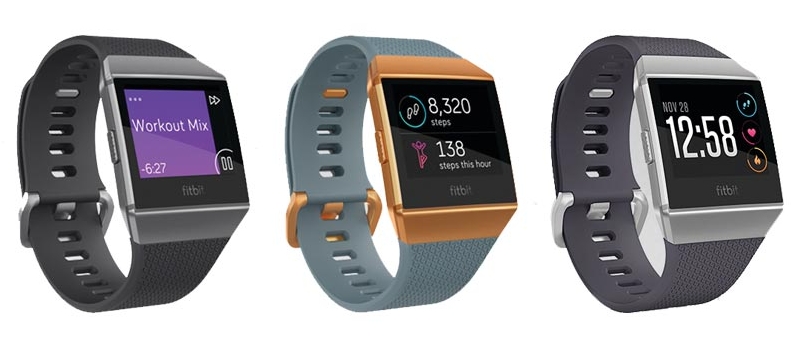We have big news to share from Medtronic – their long-awaited standalone CGM has received FDA approval. Medtronic’s Guardian Connect is comprised of three parts: a thin sensor, a small plastic transmitter attached to the sensor, and the Guardian Connect app on a compatible iOS device. It transmits directly to the iPhone without using another receiver.
The Guardian Connect system is designed to help people, ages 14 to 75, who are using multiple daily injections (MDIs). Although it does not work directly with insulin pumps, Medtronic’s standalone CGM will be the only one on the market to give alerts for potential high or low glucose events up to 60 minutes in advance. The Guardian Connect system is expected to become available by July 2018, and as early as May 2018.
Benefits of the Guardian Connect system include:
- Customized 1 hour predictive alerts – from 10 minutes up to 1 hour ahead gives you time to respond
- Free 24-hour SMS alerts (and for up to 5 care people)
- Easy-to-share blood glucose readings
- Reduced risks of hypoglycemia and more time “in-range”
- Sleek design – marketed for an active lifestyle, half the weight of other real-time CGM systems on the market
- Waterproof – can be submerged for up to 2.4 meters (7.5 feet) for 10-minute periods
- Access to the Sugar.IQ system – smart diabetes assistant that looks at what affects BGLs
- Rechargeable, re-useable, long-life technology
This news is exciting, because it means expanded options for people with diabetes when it comes to CGM.
We're here to help!
- Reach us at 866.779.8512 (phone) or 248.577.9903 (text).
- Contact us via webchat at myhlms.com.
- Learn More: Insulin Pump Therapy | CGM | Diabetes Testing Supplies | Pharmacy Services | Enroll Now
- Sign up for our blog at myhlms.com/subscribe.




















